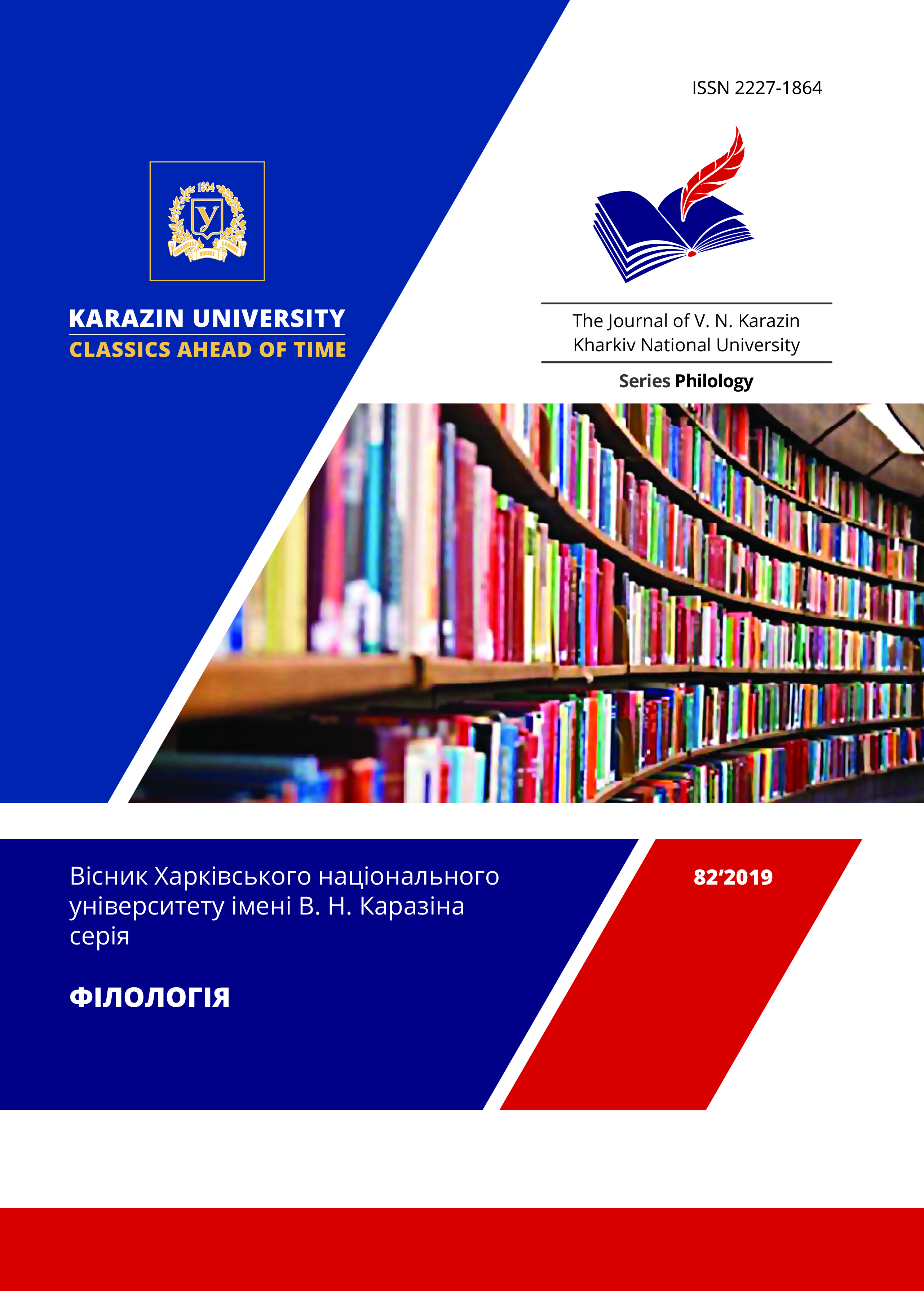Lie and truth in flash fiction by N.S. Leskov of 1870–1880s
Abstract
The relevance of the subject is determined by the growing interest of contemporary literary criticism to the problem of the playful features, the role of experiment and the innovation the Leskov’s art. The article describes the peculiarities of the writer's understanding of the problem of the power of frozen ideas that cause a person to think and act according to the standard, clashes between the carriers of various "truths" on the material of the stories "The iron will" (1876), "The Kolivanian man" (1888), "The little mistake" (1883) and "The Story about Devil's Grandma" (after 1886). These works are distinguished by genres and time of writing. On the other hand, the motives of deception, switch, power of stereotype over "devil doll" unites these novels. The replacement of names is repeated many times in Leskov’s novels and begins to mean the replacement of the essence itself. A chance and fate denote living life itself, free, unpredictable; stubborn characters do not believe in it, and it leads them to a tragicomic ending. In addition, Leskov comes close to the constant theme for Chekhov's works of falsity of views, which seem to their bearers to be the absolute truth, power over a person of dogma and stereotypes, a clash between bearers of different "truths". In the legend, this important for Leskov problem is formulated directly, in novels and short stories – with the irony inherent in the author, "narrative provocations", with the discrepancy between what is said and what it means, what the author thinks about.
As a whole, researched motives, methods, the poetics of game and the experiments with the genre show us Leskov’s artistic innovation, "transitional" phenomenon in the literature of the end of 19 century. Either it shows us certain convergences with New Prose of the turn of 19 and 20 centuries.
Downloads
References
Gachev G.D. Germanskiy mir i um glazami russkogo // Voprosi literatury. 1997. № 6. P. 66–85.
Dotsenko S. “Kolivanskiy muzh” Leskova: konflikt dvuh tsivilizatsij // Baltijskiy archive: Russkaya kul’tura v Pribaltike. Tallin, 2006. T. 11. P. 67–77.
Zholkovsky A.K. Malenkiy matatekstualniy shedevr Leskova // NLO. 2008. № 5. URL: https://magazines.gorky.media/nlo/2008/5/malenkij-metatekstualnyj-shedevr-leskova.html (accessed: 22.09.2019)
Leskov N.S. v prostranstve sovremennoy filologicheskoy misly (K 175-letiyu so dnya rojdeniya). Sankt-Peterburg: IMLI RAN, 2010. 376 р.
Leskov N.S. Rasskaz pro chertovu babku // Leskov N.S. Prolojnie istorii kak prolog k russkomu christianskomu mirovozzreniu. Sankt-Peterburg: Umozrenie, 2017. P. 372–375.
Leskov N.S. Sobr. soch.: v 11 t. Moskva: GIHL, 1956–1968.
Lihachev D.S. Osobennosti poetiki proizvedeniy N.S. Leskova // Lihachev D.S. Literatura – real’nost’ – literatura. Leningrad: Sov. pisatel’, 1984. P. 138 –148.
Tsink A. Dekonstruktsiya natsional’nogo diskursa v tvorchestve N.S. Leskova // Filologiya i kul’tura. № 4 (50). 2017. P. 191–195.




